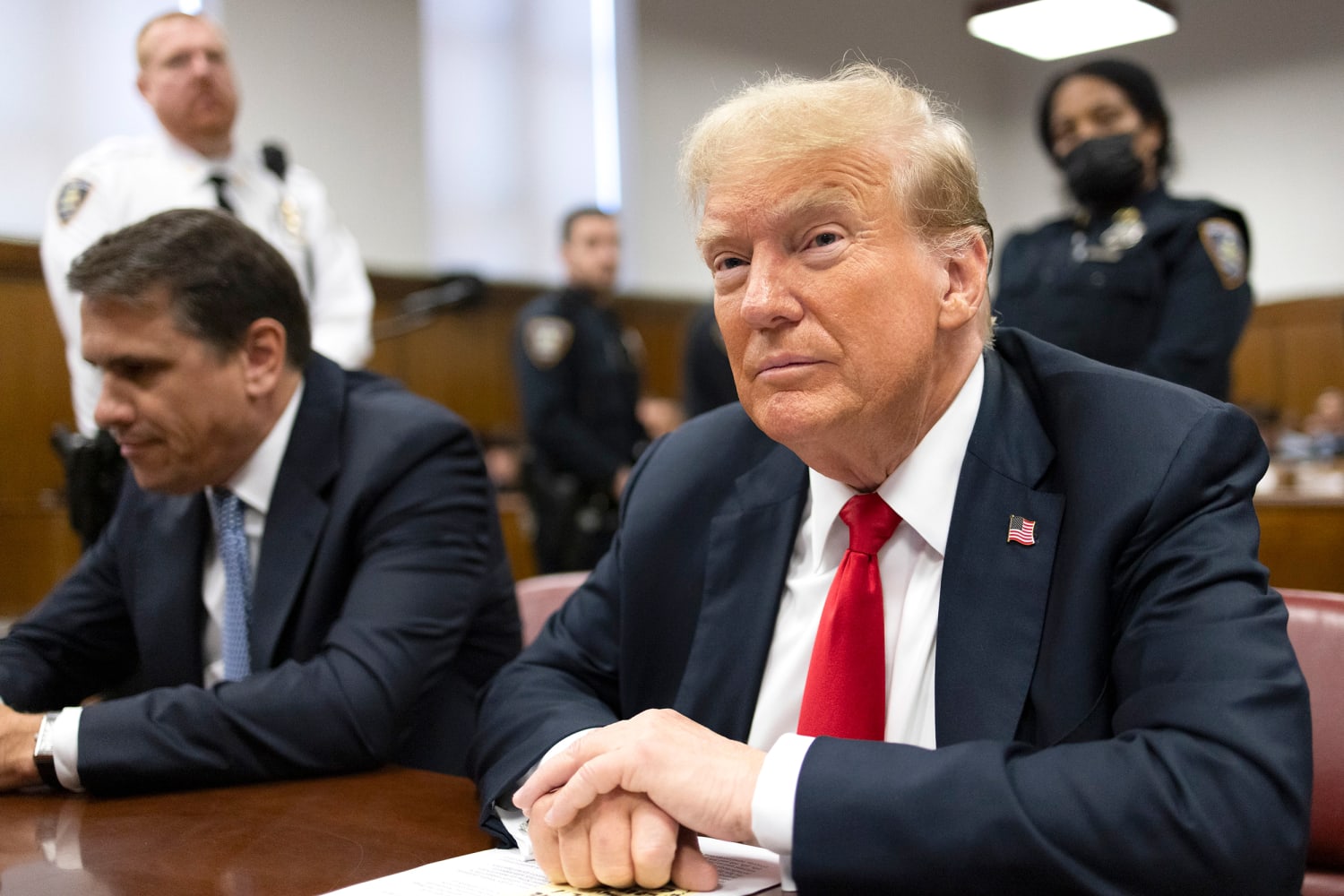The Implications of ICC Arrest Warrants for Israel, Benjamin Netanyahu, and Hamas
Outrage as Israeli PM Benjamin Netanyahu Faces Arrest Warrant for War Crimes and Crimes Against Humanity
The International Criminal Court (ICC) has caused a stir with its announcement of potential arrest warrants for Israeli Prime Minister Benjamin Netanyahu and Defence Minister Yoav Gallant for alleged war crimes and crimes against humanity. The news has sparked outrage in Israel, with Netanyahu condemning the move as a “moral outrage of historic proportions.”
The ICC’s chief prosecutor, Karim Khan, has accused both Israeli and Hamas leaders of committing war crimes and crimes against humanity in the context of the recent conflict between the two sides. The decision to hold both parties accountable under international law has drawn criticism from some, including US President Joe Biden, who called it “outrageous.”
Human rights groups have welcomed the ICC’s actions, applauding the effort to apply the law to both sides of the conflict. However, Israel has pushed back against the allegations, with Netanyahu declaring that Palestinians will never have independence under his watch.
If the arrest warrants are issued, it could have significant implications for Netanyahu and Gallant, restricting their ability to travel to certain countries without risking arrest. The US has expressed skepticism about the ICC’s jurisdiction in the conflict, potentially widening the divide within the Democratic party over the issue.
The potential arrest warrants have put Netanyahu in the company of other accused leaders such as Russian President Vladimir Putin and the late Colonel Muammar Gaddafi of Libya. The situation is evolving rapidly, with implications for both Israeli and Palestinian leaders as they navigate the legal and political fallout from the ICC’s decision.



